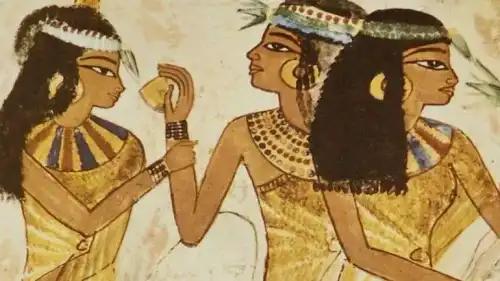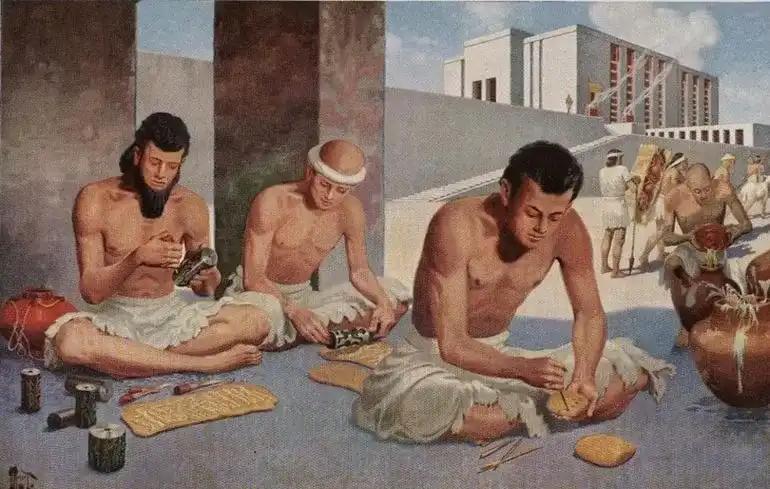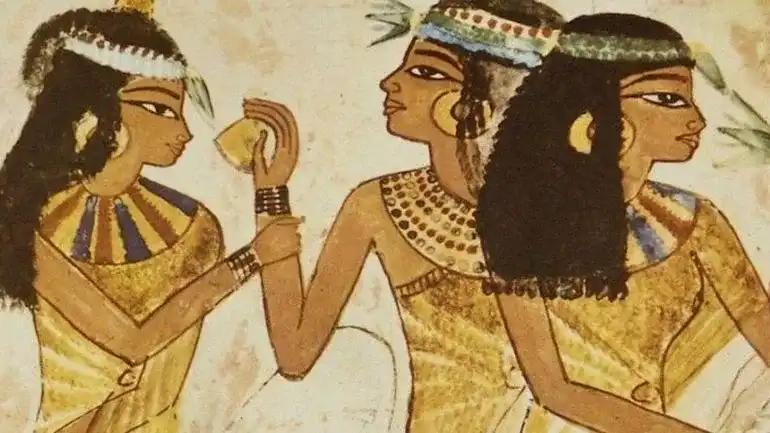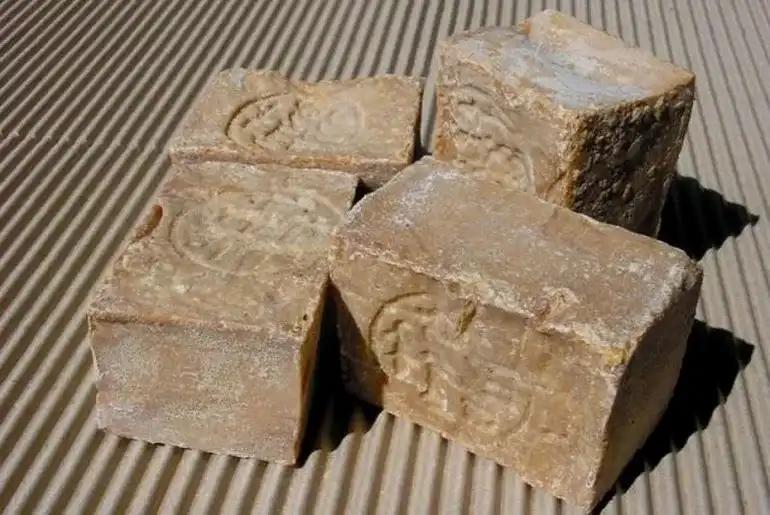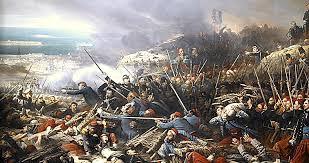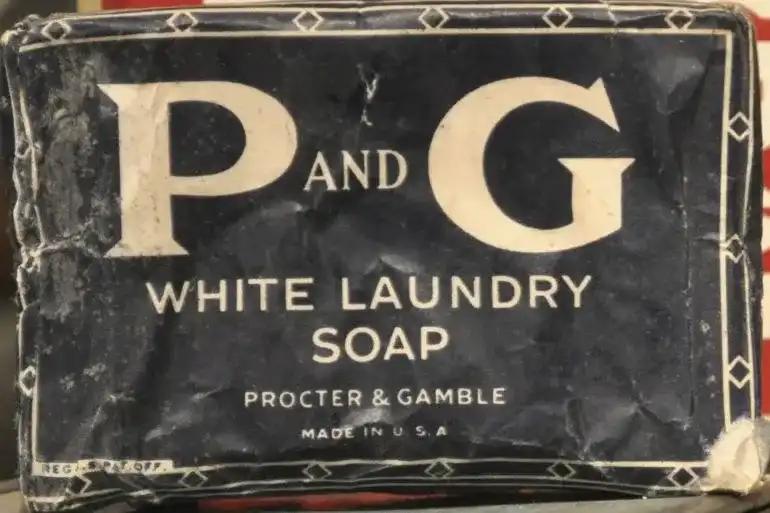Learn more about personaldevelopment with this collection
The importance of networking in podcasting
How to grow your podcast audience
How to monetize your podcast
Ancient Mesopotamia
The ancient Mesopotamia civilization was the origin-place for many inventions including scriptures, wheels, and .. soap.
The first evidence of a soap-like substance was in 2800 BC, in Mesopotamia, inhabited by the Sumerians. The oldest soaps, made by using animal fats with wood ash and water, were used to wash wool, treating skin diseases, and also for ritualistic purposes by Sumerian priests.
86
303 reads
Egyptians And Babylonians
In 1500 BC, the ancient Egyptians devised ways to make soap-like components using alkaline salts and oil. This was further enhanced by the Neo-Babylonians, by adding ashes, cypress extracts, and sesame oil.
69
193 reads
The Romans
The Latin word for soap ‘Sapo’ is mentioned in an ancient encyclopedia (penned in circa 77 AD) by a Roman Naturalist Pliny the Elder. The author talked about how the product was used more by the Gaulish and Germanic men rather than Romans (which preferred to scrap their skins clean by using essential oils and white sand).
A Greek physician Galen writes about soap and its use in the Roman empire in 2nd century AD.
70
143 reads
The Medieval Times
The use of soap and even the act of bathing turned into something undesirable and was discouraged after the fall of the Roman Empire in the 5th century AD. The church institutions linked the use of soap to pagan ways.
In the later years, soap made a comeback and the ongoing cultural invasions in the European region contributed to its widespread use and different techniques of manufacturing.
69
158 reads
Soap For Everyone
Before the 18th century, soap usage was a small scale, mostly among the wealthy, as it was a niche product, which gave off an unpleasant aroma due to the animal fat inside.
In the 19th century Crimean War, the British suffered many casualties from widespread diseases, which led to new hygiene regulations and eventually widespread usage of soap, which by then had other aromatic ingredients like palm oil and coconut essence.
69
146 reads
The Modern Times
Early 20th century, soap was marketed heavily on radio and TV as a mass-consumed commercial product by Procter & Gamble, which led to the term ‘soap operas’. P&G saw great demand and spent $10 million a year in advertising alone.
70
161 reads
CURATED BY
More like this
Read & Learn
20x Faster
without
deepstash
with
deepstash
with
deepstash
Access to 200,000+ ideas
—
Access to the mobile app
—
Unlimited idea saving & library
—
—
Unlimited history
—
—
Unlimited listening to ideas
—
—
Downloading & offline access
—
—
Personalized recommendations
—
—
Supercharge your mind with one idea per day
Enter your email and spend 1 minute every day to learn something new.
I agree to receive email updates
